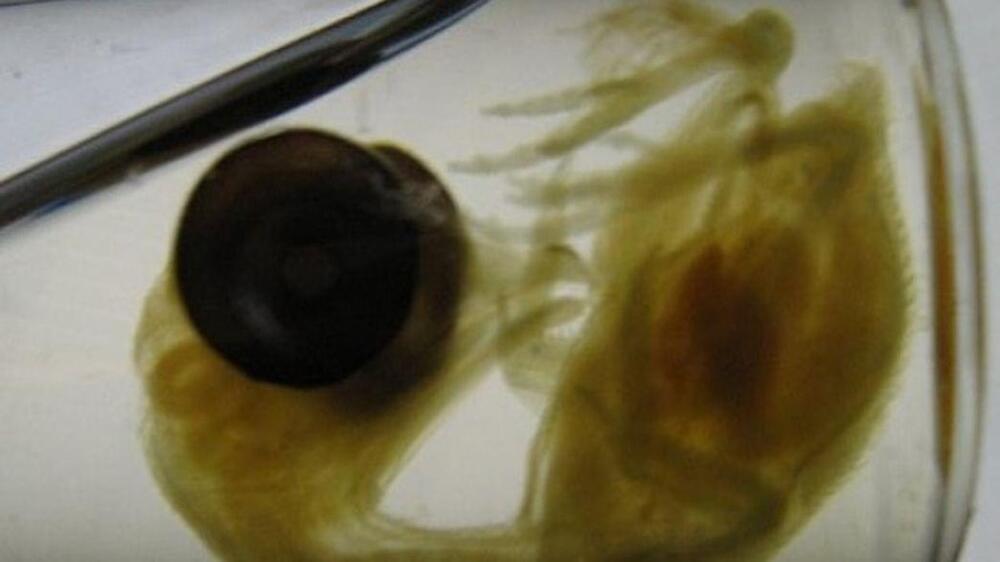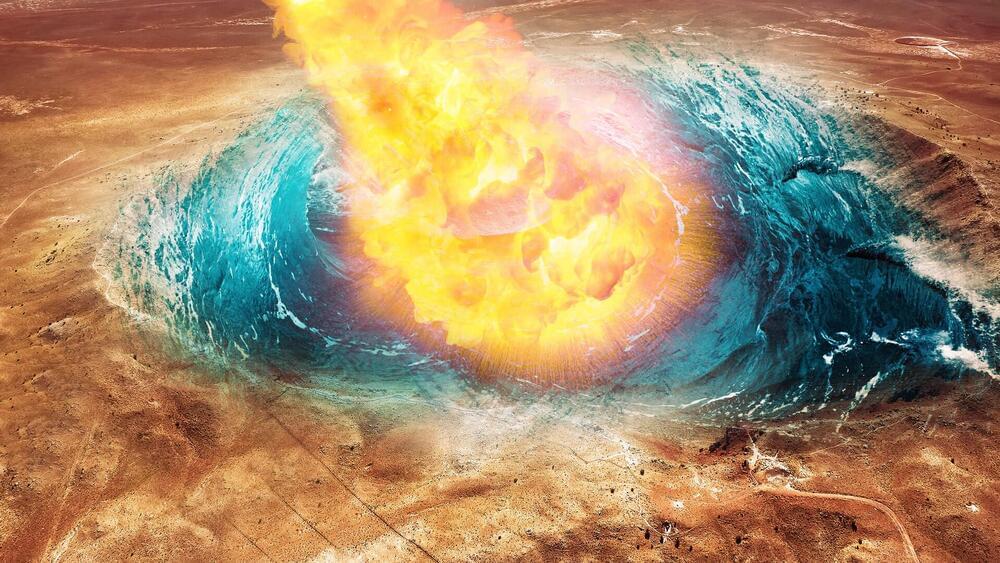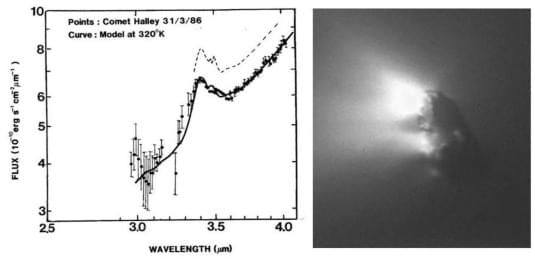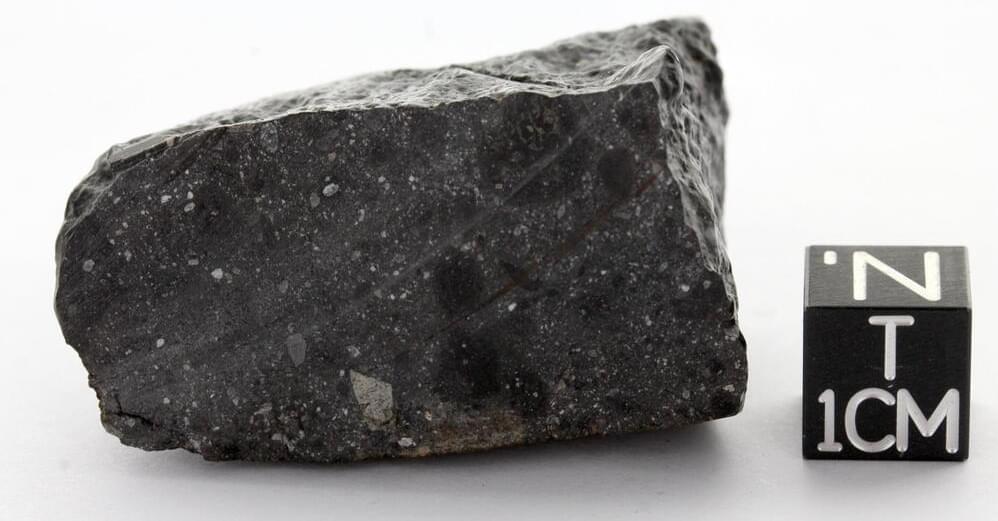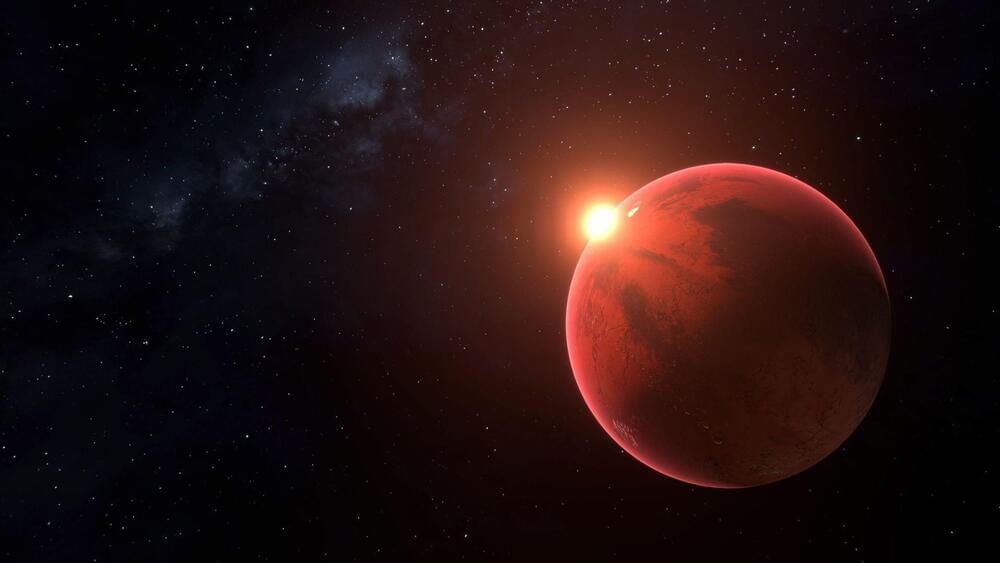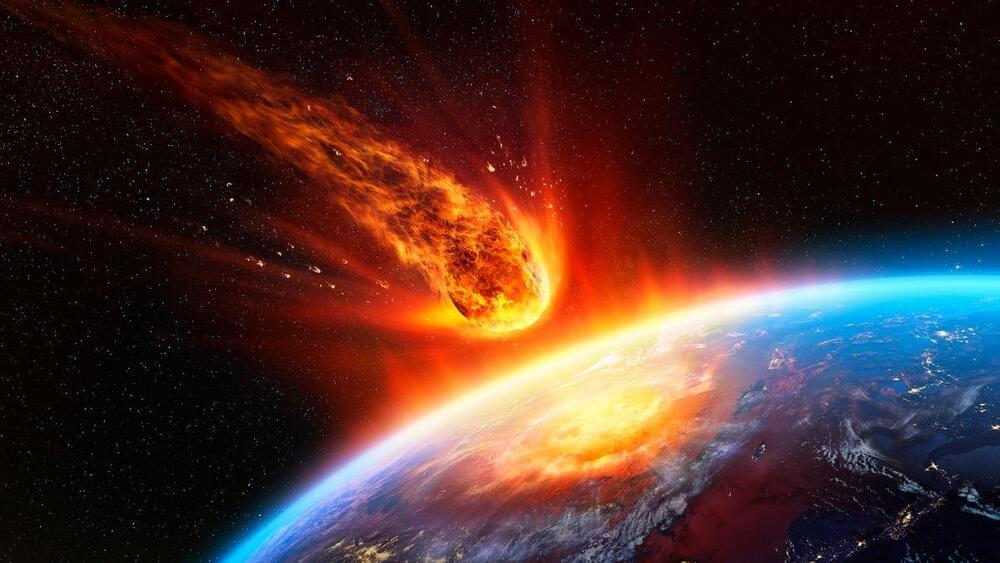Microbial life may have resided within the first four kilometers of Mars’s porous crust.
Four billion years ago, the solar system was still young. Almost fully formed, its planets were starting to experience asteroid strikes a little less frequently. Our own planet could have become habitable as long as 3.9 billion years ago, but its primitive biosphere was much different than it is today. Life had not yet invented photosynthesis, which some 500 million years later would become its main source of energy. The primordial microbes — the common ancestors to all current life forms on Earth — in our planet’s oceans, therefore, had to survive on another source of energy.
Some of the oldest life forms in our biosphere were microorganisms known as “hydrogenotrophic methanogens” that particularly benefited from the atmospheric composition of the time. Feeding on the CO2 (carbon dioxide) and H2 (dihydrogen) that abounded in the atmosphere (with H2 representing between 0.01 and 0.1% of the atmospheric composition, compared to the current approximate of 0.00005%), they harnessed enough energy to colonize the surface of our planet’s oceans.
In return, they released into the atmosphere large amounts of CH4 (a.k.a., methane, from which they get their name), a potent greenhouse gas that accumulated and heated up the climate. Since our sun at the time was not as bright as it is today, it may not have been able to maintain temperate conditions on the planet’s surface without the intervention of other aspects. As such, thanks to these methanogens, the very emergence of life on Earth may itself have helped ensure our planet’s habitability, setting the right conditions for the evolution and complexification of the terrestrial biosphere for the billions of years that followed.
While this is the likeliest explanation for the early development of habitability on Earth, what was it like for the other planets of the solar system, such as our neighbor, the red planet? As we continue to explore Mars, it is becoming ever clearer that similar environmental conditions were developing on its surface at the same time as those that enabled methanogens to flourish in the oceans back on Earth.
